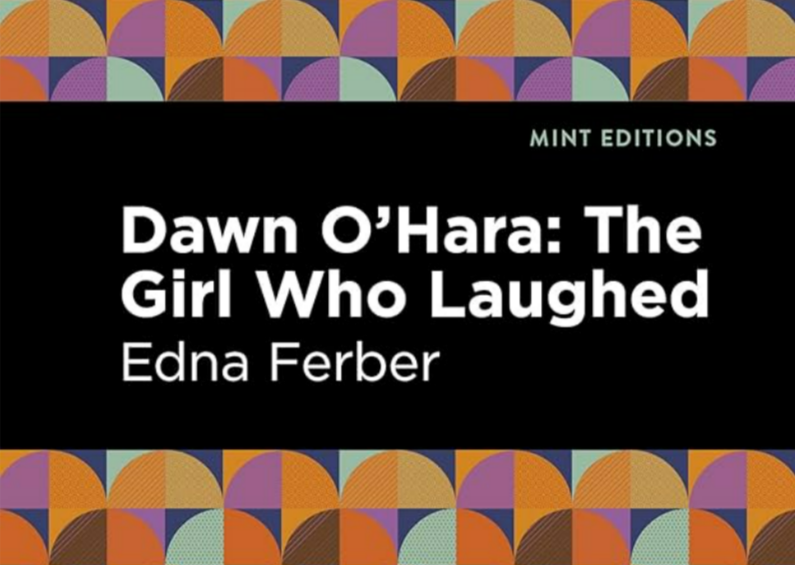CHAPTER XIII ‑Dawn O’Hara: The Girl Who Laughed
byCHAPTER XIII – Dawn O’Hara: The Girl Who Laughed unfolds with quiet introspection, as Dawn examines the shifts in her understanding of love and commitment over the last decade. At twenty, she had believed in romance and rescue, but now, nearing thirty, she longs for steadiness, not a storm of emotions. With this clarity, she begins to pull back from Ernst von Gerhard, knowing that continued closeness could unravel the hard-earned control she’s managed to build around her fractured heart.
Despite her efforts to remain distant, thoughts of Ernst continue to shadow her evenings. She imagines him surrounded by graceful women, comparing herself unfavorably to those younger and more carefree. These comparisons chip at her confidence, feeding a quiet self-doubt that she keeps hidden beneath a professional exterior and a steady stream of newspaper assignments.
To silence her thoughts, she throws herself into writing with renewed determination. Pages pile up, not always with brilliance, but with urgency—each sentence a step away from longing. The act of work becomes her strongest defense, allowing her to feel useful and focused, even as emotions churn beneath the surface.
Ernst, however, refuses to fade into the background. A drive through the countryside—pleasant and familiar—leads them to a quiet roadside inn, where the mood shifts. The soft hum of the motor disappears, replaced by silence heavy with things unsaid, until Ernst speaks of Europe, of possibilities, of a future that might include her.
His words are gentle but deliberate. He doesn’t ask directly, but the meaning is clear—he wants her to go with him, to begin a life far from the tangle of duty and past pain. The idea tempts her, not because of luxury or escape, but because it offers warmth and companionship that she’s secretly yearned for.
Yet when the moment comes, Dawn finds herself anchored not by desire, but by conscience. The memory of Peter Orme—lost to illness, unaware of her emotional exile—remains a powerful reminder of her vow, however hollow the marriage may now feel. Her response to Ernst is firm, not cruel, and grounded in a belief that leaving Peter behind would fracture something essential in her sense of self.
She explains that love cannot bloom from abandonment, nor can happiness be built atop sorrow that hasn’t been properly honored. Her decision is not romanticized; it is painful and necessary, a choice made not to preserve appearances, but to maintain the integrity that defines her. Even Ernst, though disappointed, cannot argue with the calm conviction in her voice.
The drive home is quiet, not with anger, but with resignation. No harsh words are exchanged, only the shared knowledge that timing and circumstance have robbed them of what might have been. Dawn does not cry, nor does she feel victorious—only tired, as if morality weighs more than temptation ever could.
Her thoughts later drift to how often women must choose between their hearts and the world’s expectations. She does not judge others who may have chosen differently, but for herself, she knows no other way would let her sleep at night. The loneliness she feels now is bittersweet, but it comes with no shame, and that makes it bearable.
This chapter explores not only emotional maturity but also the moral clarity that can emerge from prolonged struggle. Dawn’s decision is not framed as martyrdom, but as a realistic expression of who she is—a woman who cannot build love on a broken promise. In doing so, she affirms the quiet dignity that defines her strength.
The narrative doesn’t offer easy answers, nor does it resolve the ache of what’s been lost. But it does provide a rare portrayal of restraint in a world that often celebrates only passion. By refusing Ernst, Dawn chooses herself—not the version longing for rescue, but the one who knows how to stand alone and remain whole.

